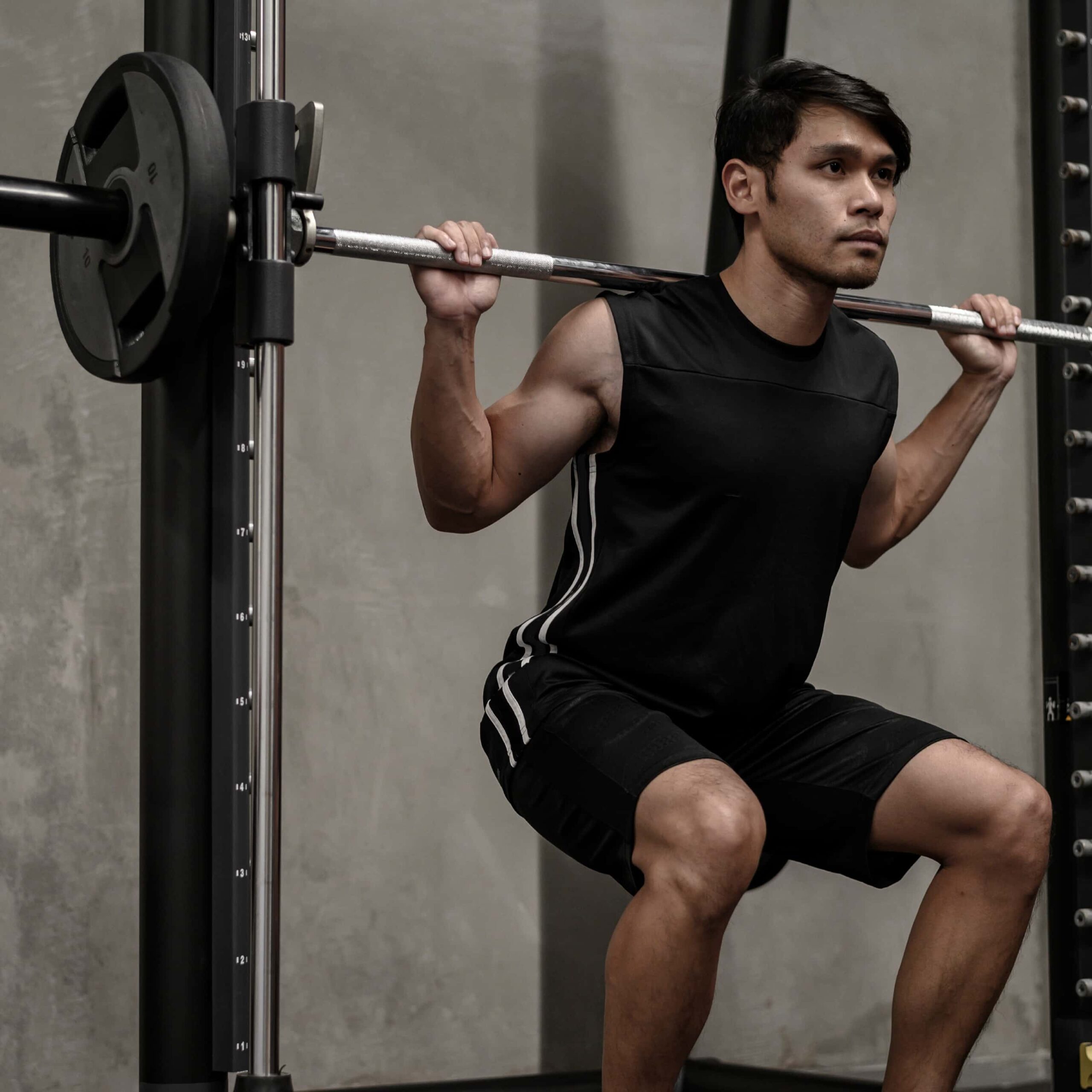What is Water Weight and How Can you Manage it?
27th Dec 19

Weight management is one of the most talked-about areas of health and fitness; by a long shot. A huge number of people spend most of their training lives trying to bulk up, cut down, lose fat, build muscle, all of it to get to where they want to be in the health and appearance. That’s fine, and it’s a driving force that we tend to accept. One of the most significant factors that affect this, however, is one that dramatically changes on a daily basis. That’s water weight.
Water weight seems to be a bit of a dark horse when it comes to our weight. It’s easy to blame a shift on the water stored in your body, but to understand it and account for it in your progress, the first step has to be what it is and how you can directly affect it. So let’s see what’s what.
Want to move fast? Jump to the right section below.
What Is Water Weight?
Let’s start with the basics and look at what water weight really is. From a general perspective, water weight is simply the amount of water that you are storing in your cells. Your body is full of water, and we know that, but that’s not this. Water weight here is the amount at that exact time. Some things happen that make your body hold or release more water, and that’s what we mean by water weight.
It happens, again putting it generally, from how much glycogen you have built up. Glycogen is stored energy from carbs mostly. To use it as fuel, you need to use water to break it down. To let that happen, your body stocks up on water when there’s a lot of it. The result… you get the idea.
What Effects It?
So, if water weight is all about glycogen, how do we get rid of it? Well, that’s the thing; don’t! Glycogen isn’t a bad thing. What we need to do instead is fight off what’s causing us to build more than we need. So you’re essentially overruling, after all, but it’s still not bad to have!
Water weight is affected by just about everything. The amount of carbohydrate content you consume in a day is a big factor, but there’s more to it too. Hormones affect it, like stress, and so does your sodium consumption. Even your age and genetics come into play. It’s a mix of things, but carbs are the root.
How Can You Manage It Better?
The final step of the path is to manage your water weight in a way that you need to. Chances are you have a negative experience with your water weight if you’re reading articles like this, and there are some things you can try to help reduce the bloating that can come with it.
The best ways to go, as you might have guessed the best ways to go, come from eating less unnecessary carbs. Carbs aren’t bad, but it’s easy to eat a lot of them, especially if you’re eating ‘bad’ or simple carbs (here’s the difference). Other than that, it’s all about what makes up your day! Even dieting too much can bulk up the water weight. Just try to be as healthy as you can, and it should manage itself! And exercise will help reduce your glycogen too since you sue it to fuel it. Win-win there!
The Takeaway
Overall, water weight sadly is just one of those things in life that just kind of happens. There’s not too much you can do about it without changing just about your whole life. Don’t worry about it too much unless it’s really causing you problems. Like everything, when that happens, the best thing you can do is go and see your doctor to get medical advice.
If it’s really bothering you that much, remember this. Don’t over-carb so often, take a breather and relax more, eat a little healthier, and come to terms with it being another part of life. Good luck!

Before beginning any exercise or nutrition program, consult your physician, doctor or other professional. This is especially important for individuals over the age of 35 or persons with pre-existing health problems. Exercise.co.uk assumes no responsibility for personal injury or property damage sustained using our advice.
If you experience dizziness, nausea, chest pain, or any other abnormal symptoms, stop the workout at once and consult a physician or doctor immediately.









